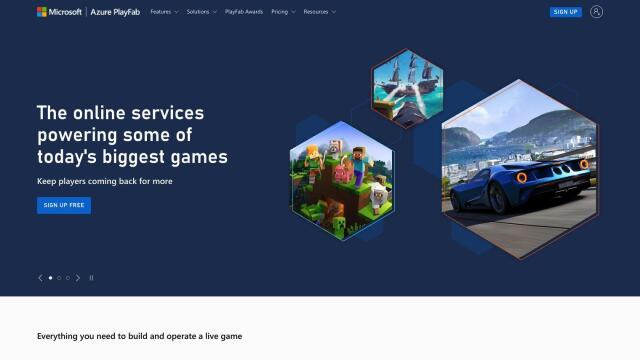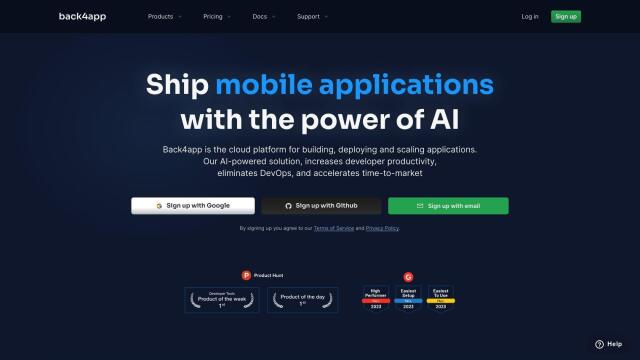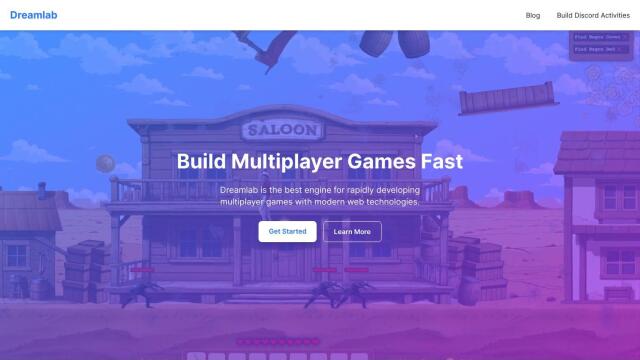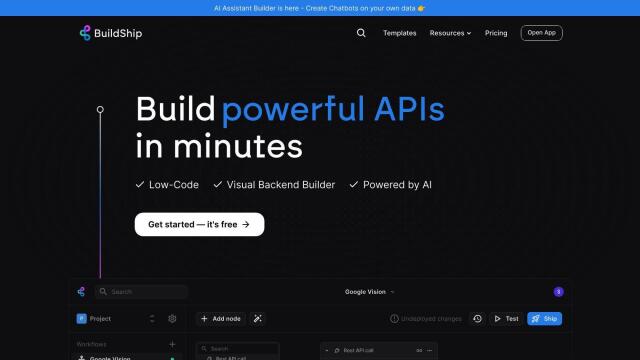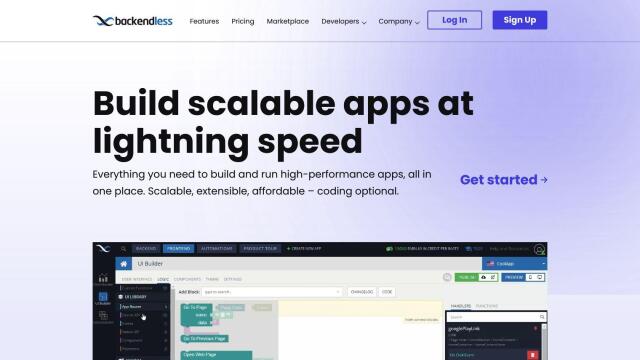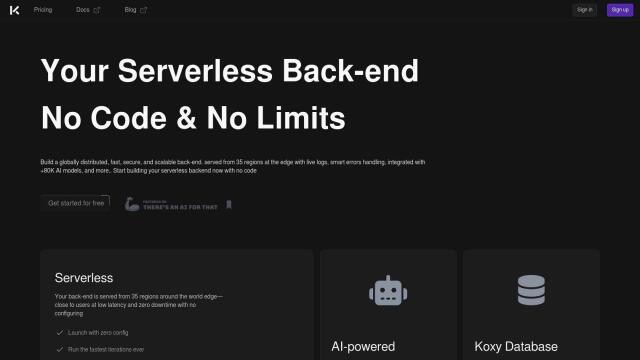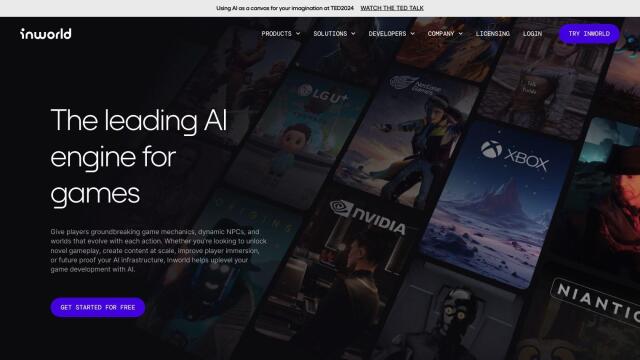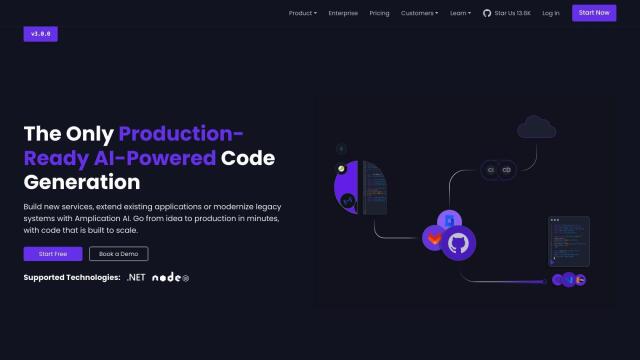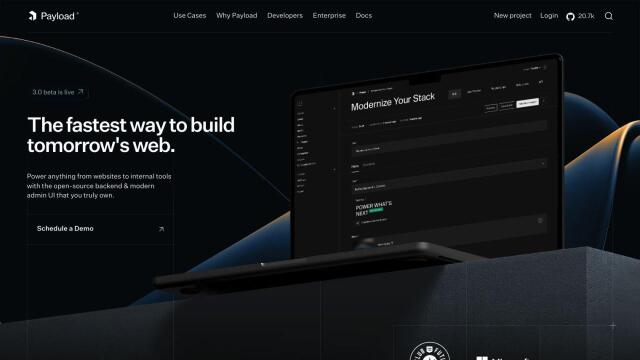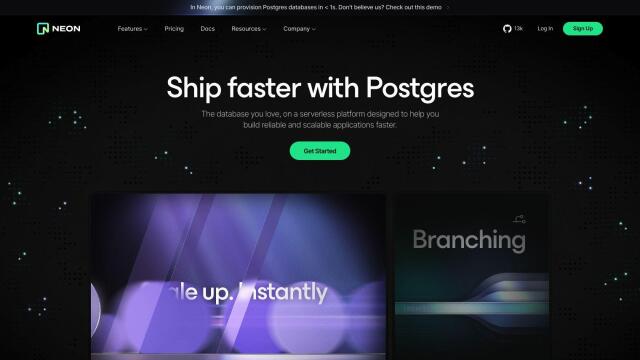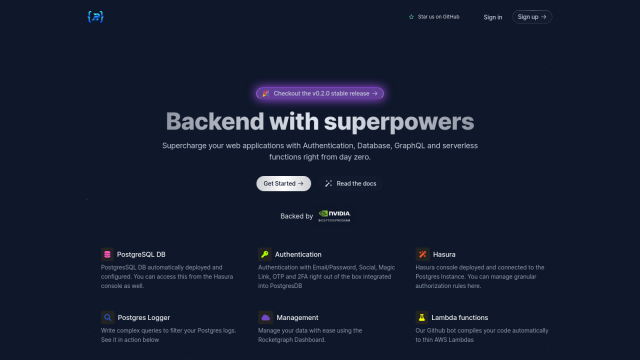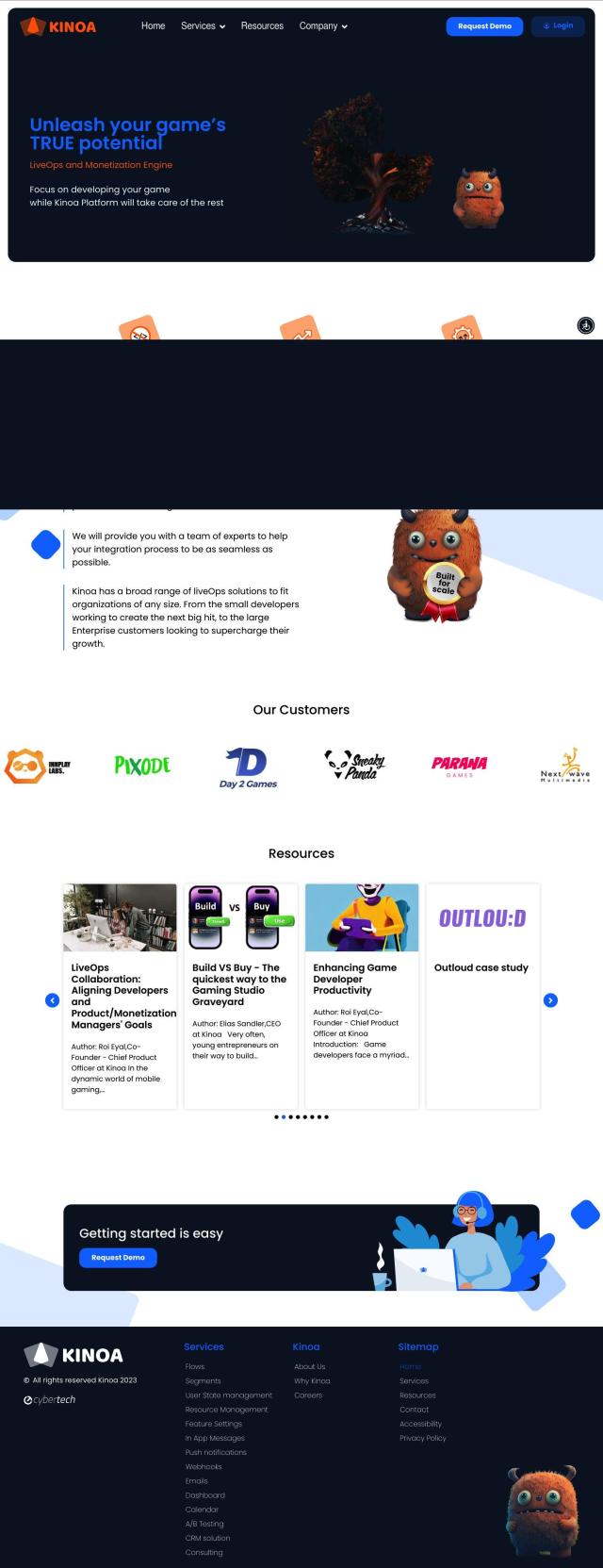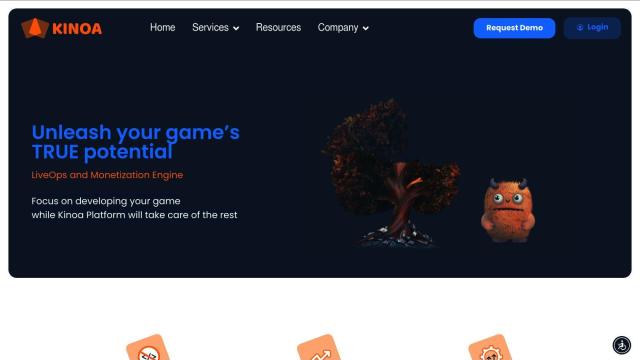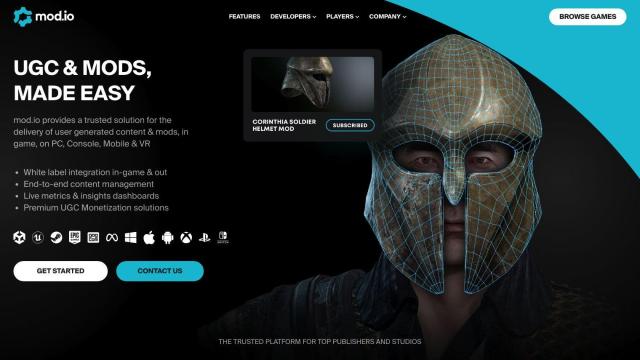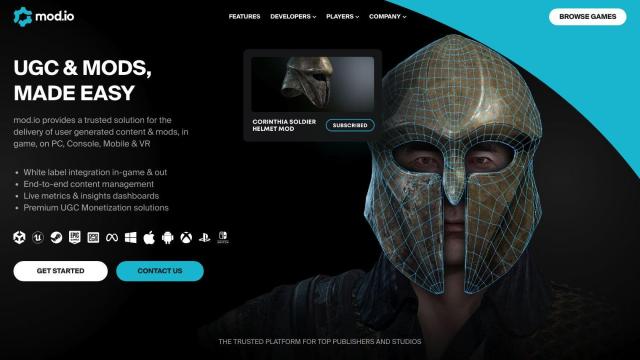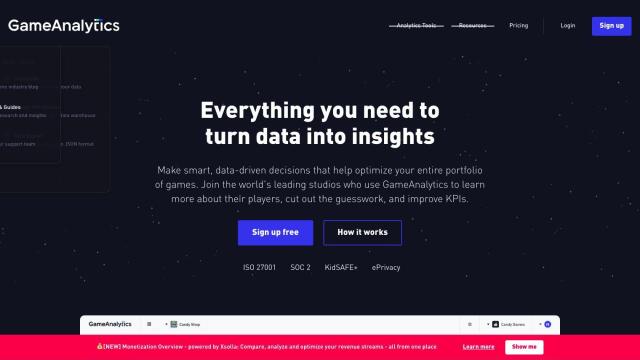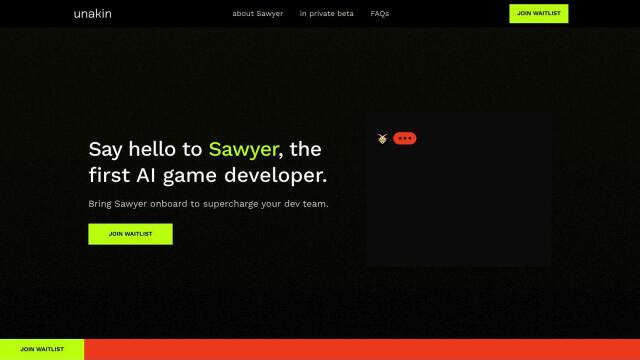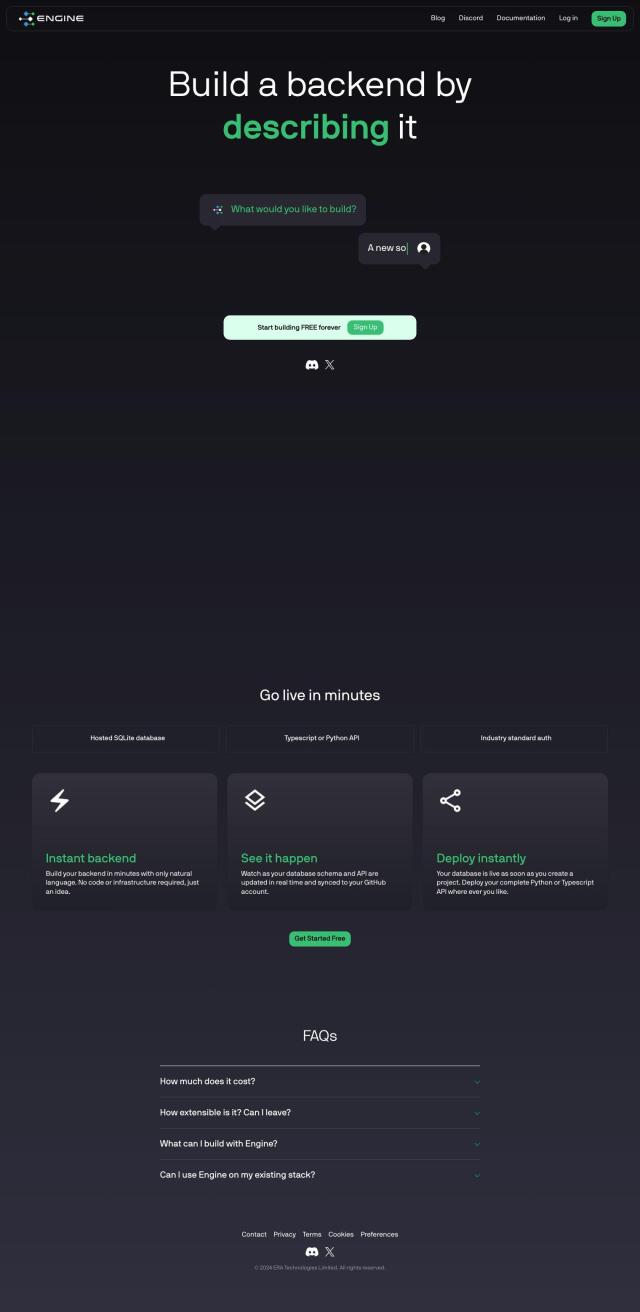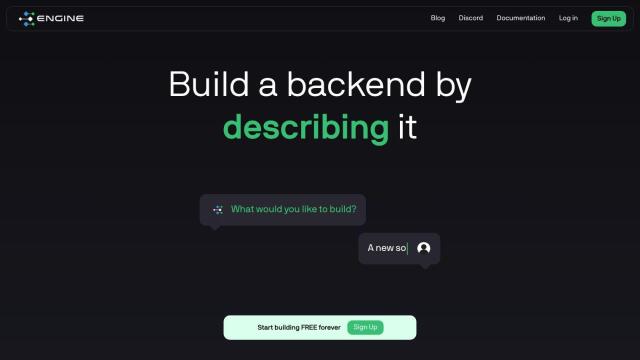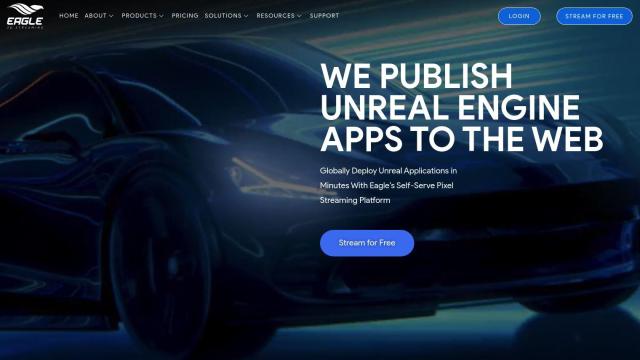Question: Is there a game engine that provides scalable backend services, including content management, DevOps, and crash reporting?

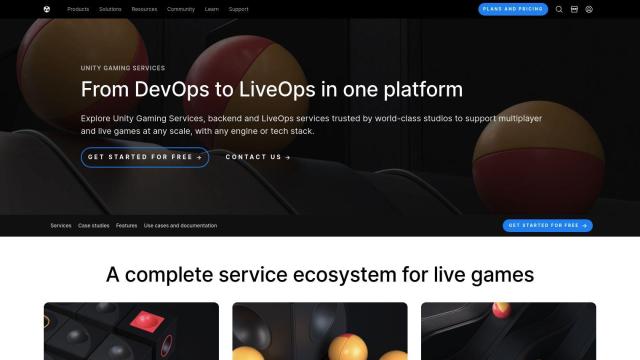
Unity
If you're looking for a game engine that handles scalable backend services, including content management, DevOps and crash reporting, Unity is a good option. Unity is a full-stack live game platform with a suite of tools for multiplayer networking, backend programming, live operations and more. It includes content management, version control, analytics, player engagement, community management and crash reporting, so it's a good general-purpose option for a lot of projects. And it plays well with other engines, so you can use it for parts of your project and other engines for other parts.
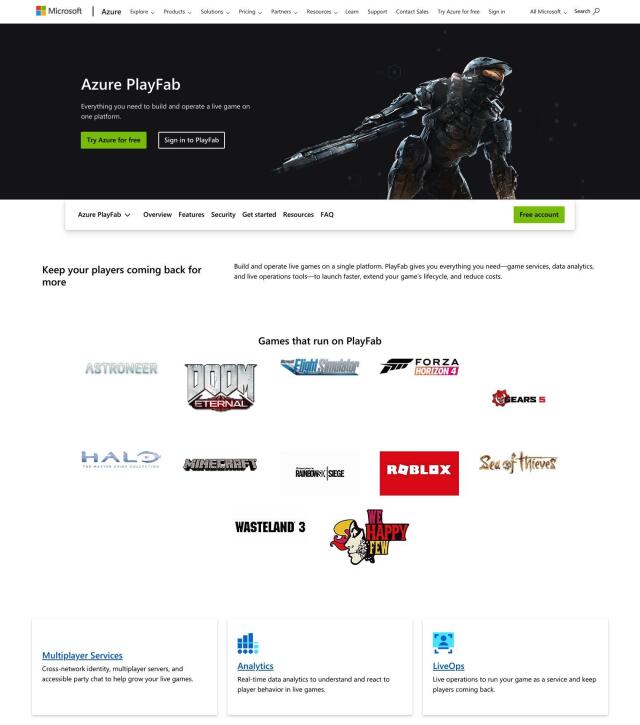
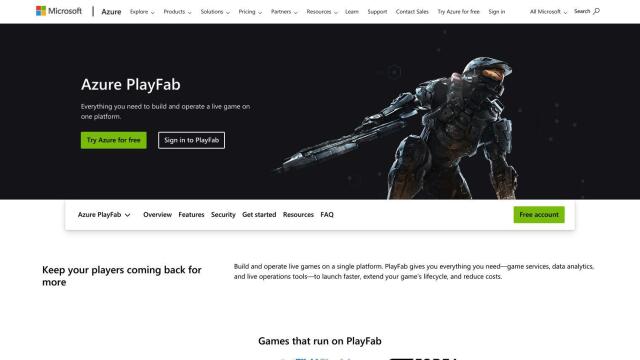
Azure PlayFab
Another powerful option is Azure PlayFab, a live operations back-end service for building and operating live games on multiple platforms. Azure PlayFab includes tools for multiplayer services, analytics, live operations, content management, game monetization and more. It's got flexible pricing starting with a free account, so it's scalable and secure, and it's a good option for developers who want to build and operate live games.

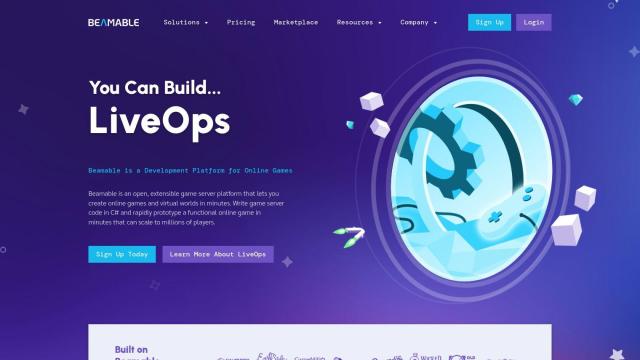
Beamable
Beamable is another option. It's a serverless platform with microservices and C# scripting, so developers can handle game server logic without worrying about the underlying infrastructure. It's got a LiveOps Portal for management tasks and SDKs for Unity and Unreal Engine, and it's got live content support for events, tournaments and leaderboards. Beamable charges by the API call, so it's flexible and cost effective for different use cases.

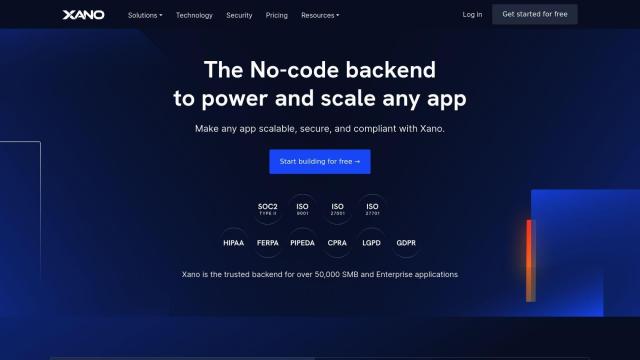
Xano
If you want a no-code option, Xano is a contender. It lets developers build powerful apps without writing any code, with a no-code API builder and flexible PostgreSQL database. Xano supports regional deployments, Docker and Kubernetes for automated scaling and load balancing, so it can handle high traffic and heavy usage.

